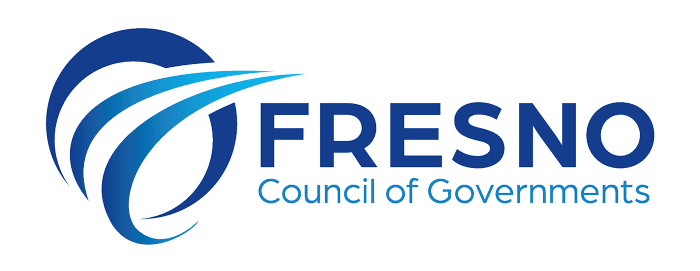Summary: This is the first of two final projects funded through residual carryover from the Valleywide Regional Early Action Planning (REAP) Program, and will develop a Valleywide VisionEval model platform for the eight San Joaquin Valley metropolitan planning organizations for land-use scenario planning.
VisionEval is an advanced, open-source platform designed to support long-range transportation and land-use planning. The Oregon DOT initiated the VisionEval model to conduct long-range strategic planning, and is now operated by an FHWA pooled fund with state DOTs and MPOs across the country. The model enables planning agencies to rapidly assess a wide range of policy alternatives and better understand the implications of their policy options. This approach quantitatively supports a more creative and robust policy discussion at the outset of the planning process.
The VisionEval model will enable the eight SJV COGs to efficiently evaluate alternative transportation policies, climate impacts, and infrastructure investments by simulating travel behavior, emissions, and land use scenarios. The model would benefit regional and local planning agencies by allowing them to: (1) analyze the regional Impact of transportation supply and local land use policies on greenhouse gas emissions (2) assess the impacts of land use designation or housing element changes under uncertainty (3) test transportation and land use strategy combinations to support planning goal setting. Its flexible framework can coordinate with the various travel demand and land use models the SJV COGs are already using and complement ongoing valleywide planning initiatives.
RSG has been working with VisionEval framework’s design, development and application, and has extensive experience contracting with MPOs, state DOTs and FHWA Pooled Funds for VisionEval’s model development and enhancements. RSG has worked with Fresno COG, as well as other valley agencies to develop activity-based models, and to conduct the Central California Travel Survey for the eight-county San Joaquin Valley.
Staff recommends awarding the contract as a sole source to RSG, given the firm’s expertise with the model and its knowledge of transportation pattern in the San Joaquin Valley and due to the short timeline for deliverables remaining under the State’s REAP program. This model development is expected to be completed in six months. Attached is the scope of work.
Action: Staff requests that the TTC/PAC recommend the Policy Board authorize the executive director to enter a sole source contract with RSG for the San Joaquin Valleywide VisionEval model development for an amount not to exceed $500,010.



